Rice is a staple food consumed by billions of people worldwide and plays a crucial role in many cultures and cuisines. As with any widely consumed food, there are numerous myths and misconceptions surrounding the health benefits of rice. In this article, we will delve into some common myths associated with rice and separate them from the facts, providing you with a comprehensive understanding of the true health benefits of this versatile grain.
Myth 1: Rice causes weight gain
Fact: The belief that rice alone leads to weight gain is a common misconception. While rice is a carbohydrate-rich food, it is also low in fat and contains no cholesterol. Weight gain occurs when calorie intake exceeds expenditure, regardless of the food source. Portion control and overall dietary balance are key factors in maintaining a healthy weight.
Myth 2: Brown rice is significantly healthier than white rice
Fact: Brown rice is often considered a healthier alternative to white rice due to its higher fiber content and lower glycemic index. However, both types of rice offer unique benefits. Brown rice retains the bran and germ layers, which contain fiber, vitamins, and minerals. White rice, on the other hand, is enriched with nutrients such as iron and B vitamins. The choice between brown and white rice depends on individual dietary preferences and nutritional requirements.
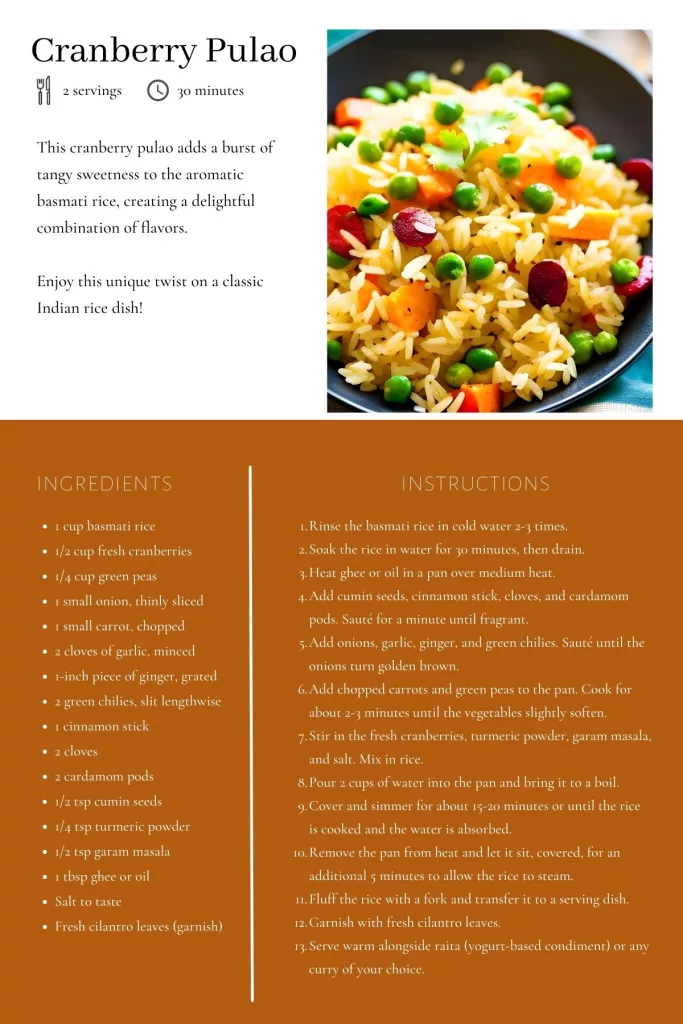
Myth 3: Rice is devoid of nutrients
Fact: Rice is far from being nutritionally empty. It is a good source of energy and provides essential nutrients such as carbohydrates, protein, and some vitamins and minerals. Enriched white rice also contains added nutrients like iron and B vitamins. While it may not offer the same level of micronutrients as fruits and vegetables, rice can still be a valuable part of a balanced diet.
Myth 4: Rice increases blood sugar levels
Fact: Rice is a carbohydrate-rich food that can increase blood sugar levels, particularly if consumed in large quantities or without accompanying protein, fiber, or fats. However, the glycemic response to rice varies depending on factors such as the type of rice, cooking method, and overall meal composition. Opting for whole grain rice, practicing portion control, and pairing it with other nutrient-rich foods can help manage blood sugar levels effectively.
Myth 5: Rice Contains Arsenic, Making it Unsafe
Fact: Rice can contain trace amounts of arsenic, a naturally occurring element present in the environment, including soil and water. The levels of arsenic in rice vary depending on factors such as geographical location, cultivation methods, and rice varieties. While prolonged exposure to high levels of arsenic can pose health risks, consuming rice in moderation as part of a diverse diet is considered safe. To minimize exposure, rinsing rice thoroughly before cooking and opting for different types of grains can be practical strategies.
Myth 6: Rice causes digestive issues
Fact: While rice is generally well-tolerated by most individuals, some people may experience digestive issues due to specific conditions or allergies. For instance, individuals with celiac disease or gluten intolerance should opt for gluten-free rice varieties. Additionally, certain types of rice, such as sticky rice or highly processed instant rice, may be more difficult to digest for some individuals. Choosing the right type of rice and preparing it properly can help minimize any potential digestive discomfort.
Rice is a versatile and widely consumed grain that offers various health benefits. Rice can be part of a healthy diet when consumed in moderation, paired with other nutrient-rich foods, and prepared using appropriate cooking methods. Understanding the facts about rice empowers us to make informed dietary choices that suit our individual health needs and preferences.
Image by ImageParty from Pixabay
Grains, Beans, and Lentils
-

Why Grains Can Make Your Gut Healthy and Happy
The health of our gut plays a vital role in overall well-being, and maintaining a balanced and diverse gut microbiota is essential for optimal digestion and immune function. One key component in promoting gut health is dietary fiber, and grains are an excellent source of this essential nutrient. This article explores the relationship between grains…
-

The Power of Oatmeal: Tips for Choosing the Best Option
-

Lentils Can Improve Your Heart Health
-

Creative Ways to Cook and Enjoy Lentils in Everyday Meals
-

Debunking Common Myths about Gluten: Separating Fact from Fiction
-

How Lentils in Your Diet Can Help Shed Extra Pounds
-

How to Consume Whole Grains For Heart Health: Examining the Link and Best Dietary Practices

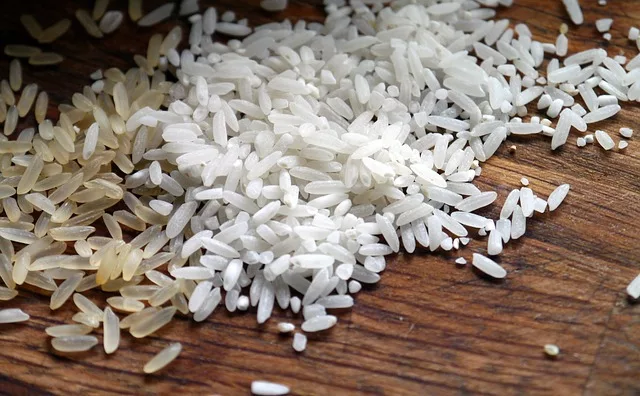
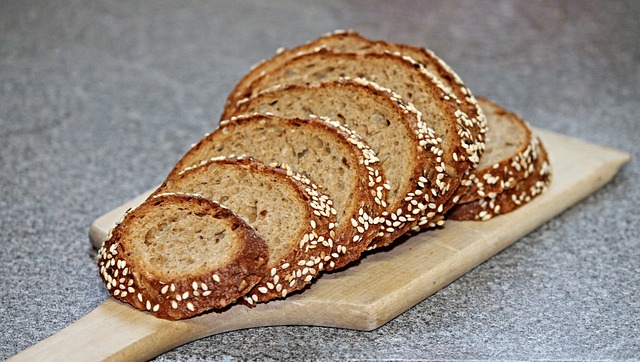
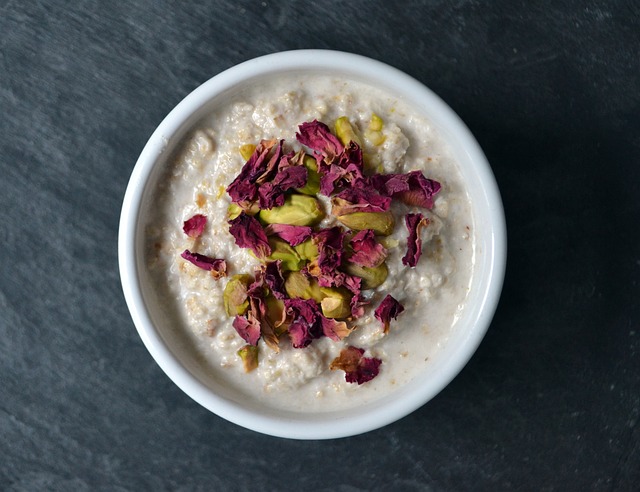

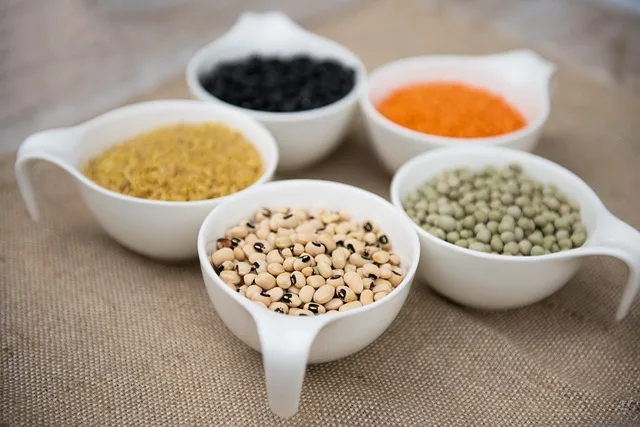

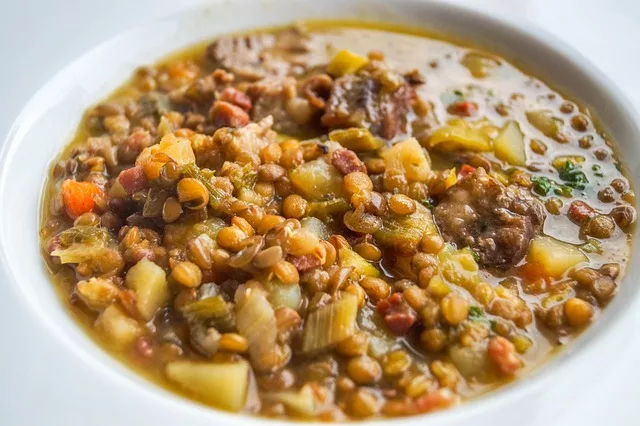
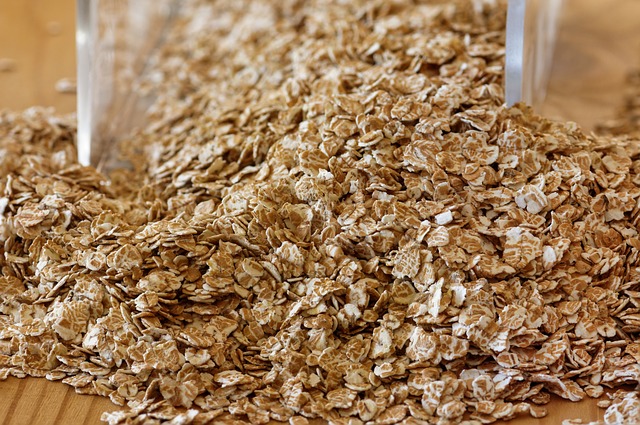
Leave a Reply